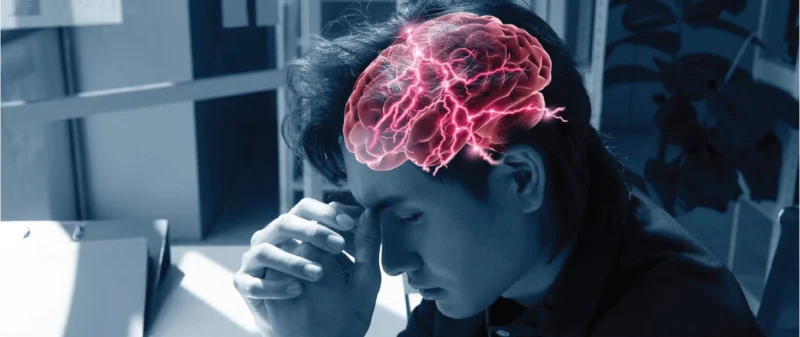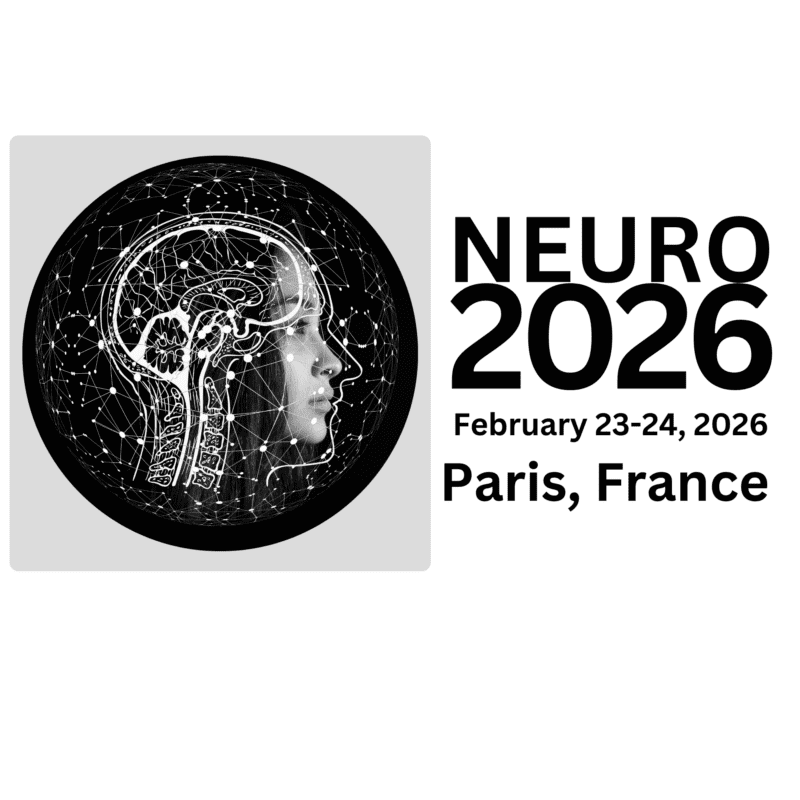🧠 Top 10 Brain Imaging Companies in Europe & Market Research Forecast (2025–2028)
Introduction
The brain imaging market in Europe is on a growth trajectory driven by demand for early detection of neurodegenerative disorders, integration of AI in imaging diagnostics, and rising investment in neurological and psychiatric research. From 2025 to 2028, the European market is expected to experience robust expansion.
Below is a list of the top 10 brain imaging companies leading this transformation, along with their estimated European market shares and a forecast for the industry.

🌍 Top 10 Brain Imaging Companies in Europe (2025 Edition)
1. Siemens Healthineers (Germany)
📊 Estimated Market Share (Europe, 2025): 28%
Renowned for advanced MRI, PET-CT, and hybrid imaging systems, Siemens remains a market leader with AI-powered diagnostic imaging solutions tailored for neurology and psychiatry.
2. Philips Healthcare (Netherlands)
📊 Market Share: 20%
Philips’ integrated platforms in neuroimaging and hospital-wide digital diagnostics keep it at the forefront, particularly in functional imaging and smart data analytics.
3. GE HealthCare (UK/US)
📊 Market Share: 18%
GE’s strong European presence and innovative systems like SIGNA™ MRI and Omniscan software offer powerful capabilities in brain and spine imaging.
4. Elekta (Sweden)
📊 Market Share: 8%
Primarily known for radiosurgery (Gamma Knife) and image-guided treatment, Elekta supports neuro-oncology and functional brain surgery segments.
5. Medtronic (Ireland)
📊 Market Share: 5%
Combining deep brain stimulation (DBS) and imaging guidance, Medtronic is dominant in the neuromodulation and real-time imaging navigation sector.
6. Brainlab (Germany)
📊 Market Share: 4.5%
With its leading software for surgical navigation and radiotherapy planning, Brainlab continues to support high-precision neuro-oncology and trauma recovery.
7. NIRx Medical Technologies (Germany)
📊 Market Share: 3%
Specializing in functional near-infrared spectroscopy (fNIRS), NIRx has a niche but growing market in cognitive neuroscience and real-time brain activity mapping.
8. Cerebriu (Denmark)
📊 Market Share: 2.5%
A promising healthtech startup, Cerebriu’s AI-based MRI optimization tools are gaining traction in emergency and acute neurology care setups.
9. Cambridge Cognition (UK)
📊 Market Share: 2%
Merging cognitive assessments with imaging tools, this firm is well-regarded in Alzheimer’s research and pharmaceutical brain health trials.
10. Qynapse (France)
📊 Market Share: 1.5%
With solutions like QyScore® and QyPredict®, Qynapse enables MRI-based biomarker analysis for Parkinson’s, MS, and Alzheimer’s.
📈 European Brain Imaging Market Forecast (2025–2028)
| Metric | Value (Estimate) |
|---|---|
| 2025 Market Size | €3.2 Billion |
| 2028 Projected Market Size | €5.1 Billion |
| CAGR (2025–2028) | ~10.5% |
| Highest Growth Segments | AI-Based MRI, fNIRS, Portable CT |
| Key Applications | Dementia, Epilepsy, Stroke, Brain Injury, Psychiatry |
💡 Growth Drivers:
-
Technological convergence: AI + Imaging
-
Mental health prioritization in EU health policy
-
Research & clinical demand for early neurodegenerative biomarkers
⚠️ Barriers:
-
Infrastructure gaps between Western and Eastern Europe
-
Data security and ethical concerns in neuroimaging
-
Cost of multimodal imaging systems
🎓 Join the Brain Imaging and Neuropsychiatry Dialogue
Join international leaders in neuroscience, neurology, and neuropsychiatry at:
4th European Congress of Neurology and Neuropsychiatry
📅 February 23–24, 2026
📍 Paris, France
🎯 Theme: Brain and Mental Health: Navigating the Future of Neurology and Psychiatry
🔗 General Queries: [email protected]
🌍 More Info: www.neurologyconf.com
From AI in diagnostics to real-world clinical case applications, the congress will spotlight the role of brain imaging in next-gen patient care and psychiatric rehabilitation.
#BrainImaging #Neurotechnology #MarketResearch #Neurocongress2026 #CMEParis2026 #BrainHealth #Neuropsychiatry #NeurologyConference #NeuroDiagnostics #AIinHealthcare #CognitiveNeuroscience

